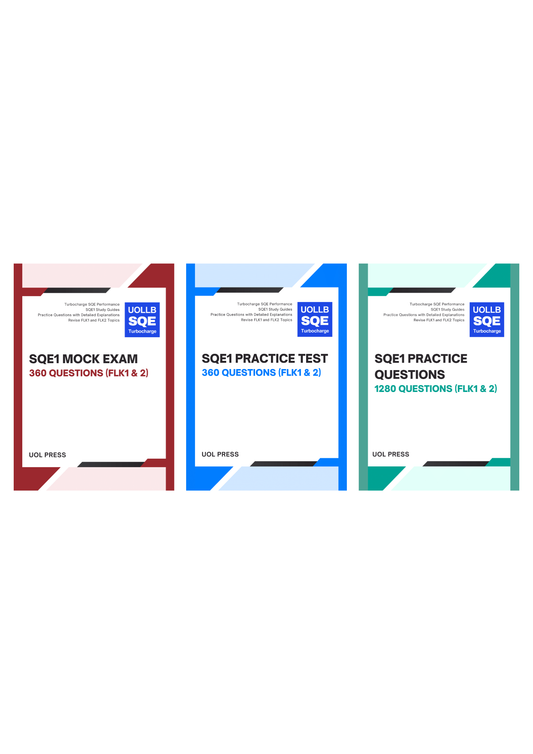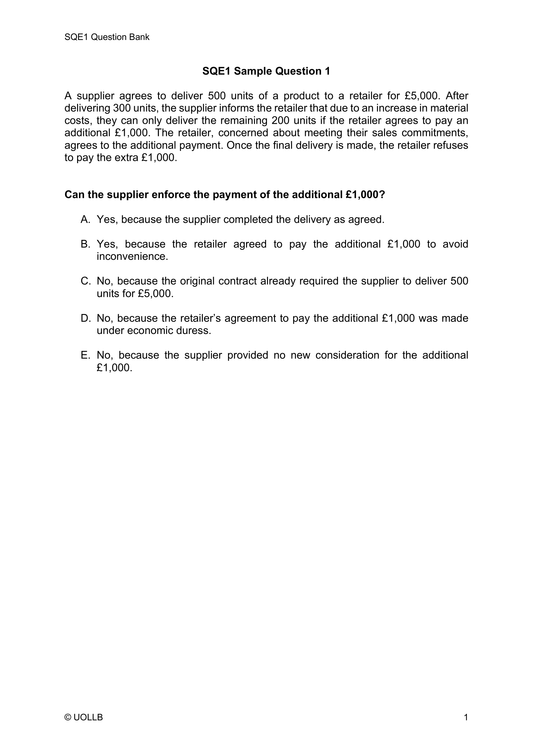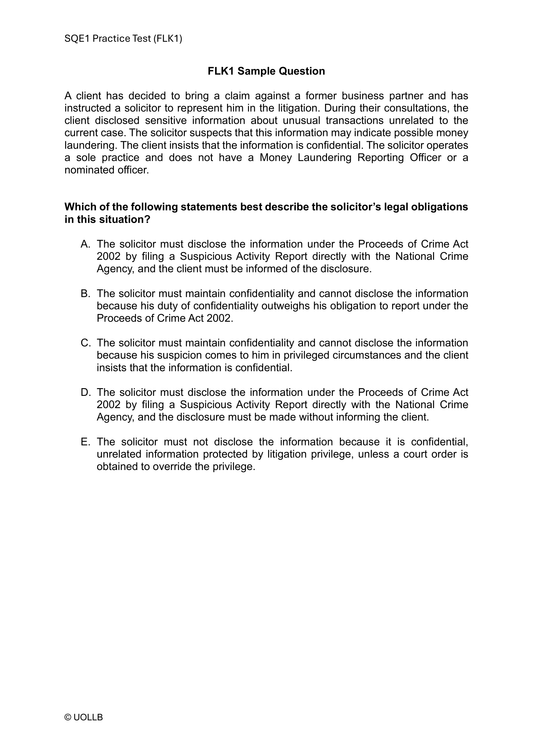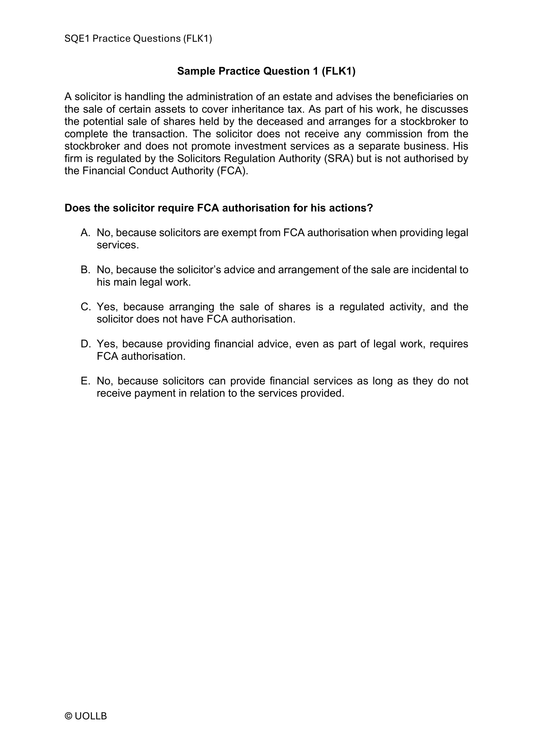Originality in Copyright Law
Share
Originality is a fundamental requirement in copyright law that determines whether a work is eligible for copyright protection. In most jurisdictions, including the UK and the United States, originality is a key criterion for establishing copyright.
In the context of copyright law, originality refers to the work's independent creation by the author and the expression of his own intellectual effort and creativity. It means that the work is not a mere copy or imitation of preexisting works, and it possesses a sufficient degree of novelty, uniqueness, and individuality.
Originality does not necessarily require absolute novelty or groundbreaking innovation. It is focused on the author's personal expression and the original choices made in creating the work. The work must display some level of creative choices or original elements, reflecting the author's skill, judgment, and intellectual input.
It is important to note that originality generally relates to the expression of ideas rather than the underlying ideas. Copyright protection does not extend to concepts, ideas, or facts, as they are considered part of the public domain. However, the specific manner in which those ideas are expressed, such as the arrangement of words, the selection of colours, or the composition of music, can be subject to copyright protection if they meet the originality requirement.
To establish originality, courts often consider factors such as the author's independent creation, the level of creativity involved, the amount of skill and effort invested, and the distinguishable features or expression in the work. The standard of originality may vary to some extent between jurisdictions, as copyright laws can differ in their specific requirements and thresholds for originality.





























































